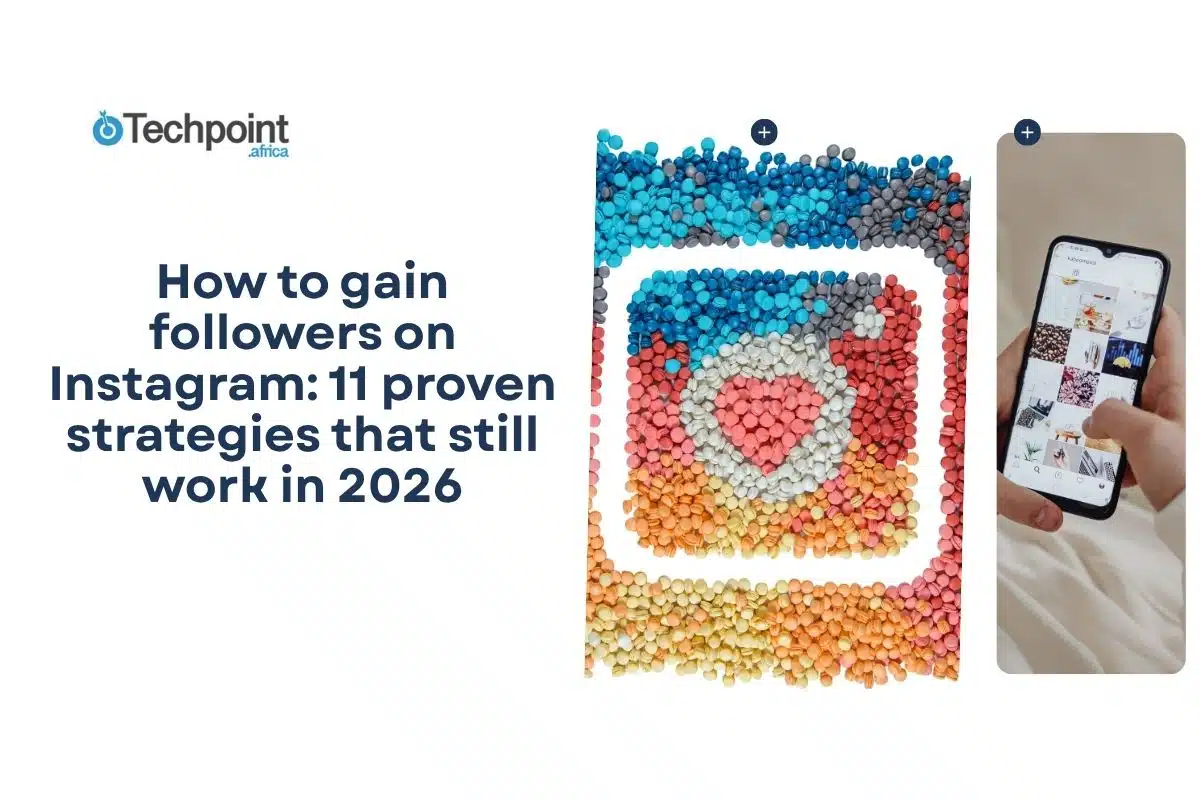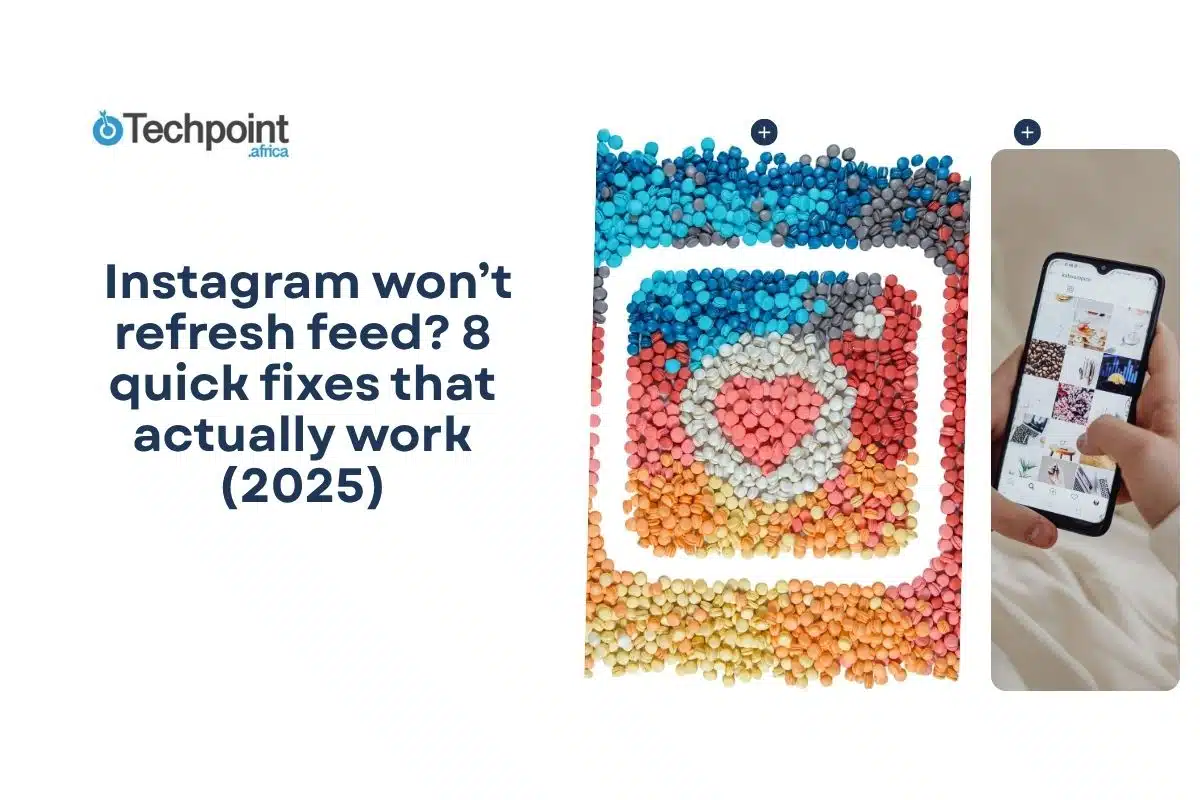The news:
- Meta removed over 100 million fake Pages on Facebook in 2024 as part of a wider anti-spam effort.
- The company also took down 23 million accounts impersonating large content creators.
- New AI-powered moderation tools are being tested to enhance user safety and content authenticity.
- The measures aim to rebuild user trust, especially in regions like Africa, where misinformation is rampant.
Meta has intensified its global crackdown on fake engagement and impersonation, removing more than 100 million Facebook Pages in 2024 alone. The move is part of a wider strategy to combat misinformation and protect genuine users, particularly in regions like Africa, where trust in digital platforms is increasingly fragile.
In a statement released on Thursday, Meta said it is taking more aggressive steps to stop coordinated networks that inflate online reach through artificial means. These networks often create Pages with scripted interactions designed solely to game algorithms and spread misleading content.
Beyond Pages, Meta also removed over 23 million accounts found to be impersonating prominent content creators. These impersonators not only harm individual creators but also contribute to the spread of scams and disinformation, problems that have long plagued African digital spaces.
To support these efforts, Meta is leaning more on artificial intelligence. The company has rolled out an upgraded Moderation Assist tool, allowing Facebook Page owners to hide suspicious comments automatically, especially from users flagged as potential impersonators. It is also testing a new feature that lets users label comments as unhelpful or irrelevant, in a bid to improve the overall quality of discourse on the platform.
These updates are crucial for African users who regularly contend with fake news, impersonation, and spam, especially on high-traffic platforms like Facebook. The continent’s growing digital adoption means more people are interacting online than ever before, but that growth has also opened the door to new forms of abuse.
With AI-driven tools, Meta hopes to stay ahead of bad actors by making detection faster and more accurate. However, experts caution that enforcement must remain consistent and adaptive, as scammers often evolve just as quickly as the tools designed to catch them.
In July 2024, Facebook removed 63,000 Nigerian accounts after an investigation revealed financial sextortion attempts by scammers targeting adult men in the United States.
Also in October 2024, Meta, the Facebook parent company, launched facial recognition technology to tackle celeb-bait scams and to aid account recovery.
While it remains to be seen how effective these changes will be long-term, the steps signal a shift towards a more secure online environment. For users and content creators in Africa, that could make all the difference in reclaiming digital spaces built on trust and authenticity.

Victoria Fakiya – Senior Writer
Techpoint Digest
Stop struggling to find your tech career path
Discover in-demand tech skills and build a standout portfolio in this FREE 5-day email course











